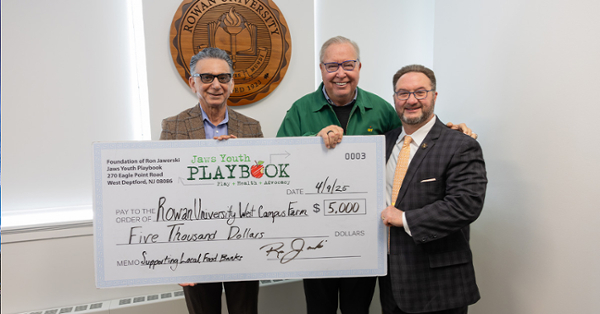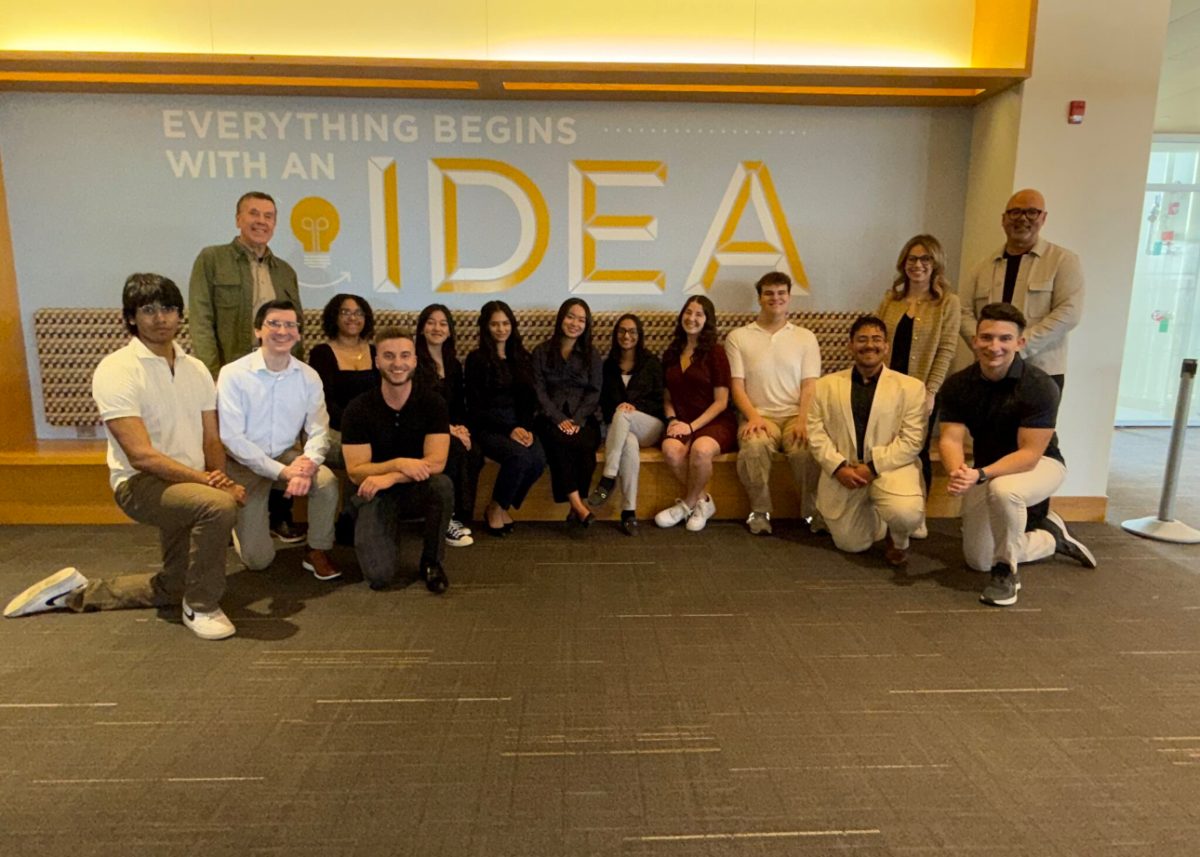On Tuesday, April 9, Rowan University hosted Aaron David Miller, a senior fellow at the Carnegie Endowment for International Peace for an online lecture about global security and the Israel-Hamas War. It is the final global security lecture for the semester.
Hosted by Dr. Carla Lewandowski of the Law and Justice Studies Program and moderated by Dr. Joshua Gedacht, assistant professor of history, the lecture saw the panelists dive into the history of the formation of modern Israel as well as the United States’ foreign policy and involvement in the Middle Eastern country.
Several dozen students attended over Webex as well as from Gedacht’s class. The lecture shifted initially from a background on the situation to a brief history of conflict in Israel over the last hundred years and the U.S. involvement.
“Looking at the Middle East, it is littered with the remains of great powers who wrongly believed somehow that their schemes, their dreams, their aspirations, and their ambitions would somehow be important,” said Miller about the current state of the Middle East.
The lecture later shifted to the current economic implications of the war against Hamas, with things like the disruption of Red Sea travel and rising oil prices being key points of discussion.
Miller then named three separate theaters to the current conflict, including the Lebanese Border, pro-Iranian strikes against American assets in Jordan, Iraq, and Syria, and the Houthi campaign against international shipping in the Red Sea. But he was hesitant to call it a regional war.
Miller suggests that the war itself is not a regional war because there hasn’t been direct involvement against Iran with U.S. backing, but rather three separate theaters of conflict.
“Yes, foreign policy is extremely important. But, as I look ahead to the next decade for my kids, I see the dysfunction at home which is the thing that troubles me the most. In many respects, that is much more important than what President Xi or Putin decides to do. The Iranian Nuclear Program, the Israeli-Palestinian issue, all these things are critically important to others out there and the United States,” said Miller.
Gedact then asked a question regarding the path forward that the United States would need to see on the Palestinian and Israeli side of the conflict.
“People only care about what they own. It’s maybe a sad commentary but people won’t wash a rental car because you don’t own it. Why spend the money washing it? That’s what’s missing and that’s what’s been missing for years. The absence of ownership on the part of the leaders,” said Miller.

























































































































































!["Working with [Dr. Lynch] is always a learning experience for me. She is a treasure,” said Thomas. - Staff Writer / Kacie Scibilia](https://thewhitonline.com/wp-content/uploads/2025/04/choir-1-1200x694.jpg)
















































